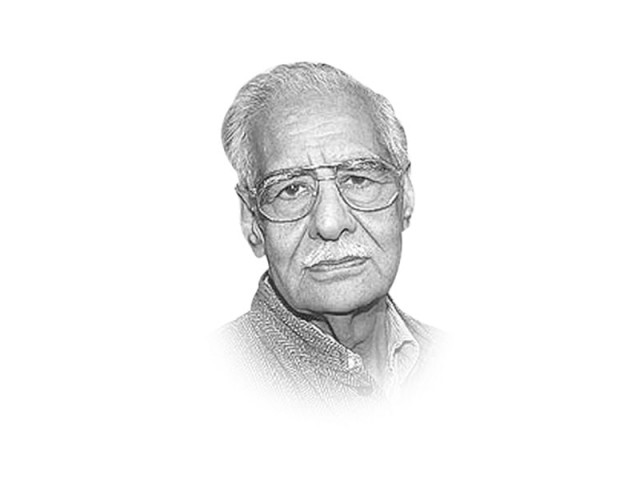Towards a united South Asia
Ultimate aim of the South Asia Social forum was to enable a national of a country to get information from another.

Towards a united South Asia
The inauguration was appropriately held at Central Shaheed Minar, which consecrates the memory of students who died in police firing while upholding the pre-eminence of their language, Bengali. The gathering at the Minar beat drums endlessly to open the ears of rulers, as revolutionary Bhagat Singh had done.
The ultimate aim of the forum was to enable a national of each country to get information from another country. Dozens of sessions held at the historic Dhaka University underlined one thing: South Asia should have its own identity which should transcends borders, religions, languages and separate entities. Outlining a potential path for the region to take, representatives of different countries said that, while retaining their sovereignty, the various countries could have an economic union. There could be a common market, common currency and a common visa. Ultimately, there could be one parliament. But this does not mean that individual parliaments would be diluted. There would be separate subjects for regional parliaments and individual countries. The countries in the region would pool their resources so that together they develop South Asia economically, commercially and environmentally. The dictum is: from each according to his capacity and to each according to his necessity.
How to curb national chauvinism and religious identities which have disseminated hatred in the region was the topic of the main discussion. Many speakers said that they would be proud to call themselves South Asians, instead of being called Indian, Pakistani, Bangladeshi or, for that matter, Hindus, Muslims, Sikhs or Christians. Secularism would be their creed which they would tenaciously follow. I said radical nationalism is not good for such a united South Asia and, we have to have a common legislature to create our own South Asian legislation. I felt that most participants agreed with me but they did say that it looked like a dream which might not come true even in the long-term because, in most South Asian countries, the armed forces have come to enjoy power which they would not easily forsake.
Media was considered a problem because, except Bangladesh where the meeting took place, no other country in the region reported its proceedings. A less important event in Europe was all over the papers and television networks. Two sessions in which I participated related to the right to information and decentralisation of power. On both counts, India was the example before the participants. On the right to information, Indian political and social activist Aruna Roy’s role was praised because she had made such an act possible. I was surprised to know that all countries in South Asia had either promulgated an ordinance or enacted a legislation to have the right to information. “It has deepened democracy,” said a representative of Bangladesh. “It has made governments transparent,” said the information commissioner from Odhisha (formerly Orissa). Yet another person said that the right to information would give voice to the poor and empower them to participate in the affairs of the region to get, at least, a slice of the cake. The plenary session was conducted with determination to work towards the prosperity of South Asia. It was conceded that the governments and the vested interests would come in the way of a new South Asia. Yet there was no dissenting voice to say that it could not be done. Everyone agreed that the common heritage, history stock and geography they shared made them realise that one day they would live peacefully and bid farewell to arms. The outline of the new South Asia they had in mind was a socialist, democratic and secular polity. They realised that it was a well-nigh impossible task, but they were also confident that beyond the mountain, lies a sunny valley.
Published in The Express Tribune, November 29th, 2011.













COMMENTS
Comments are moderated and generally will be posted if they are on-topic and not abusive.
For more information, please see our Comments FAQ